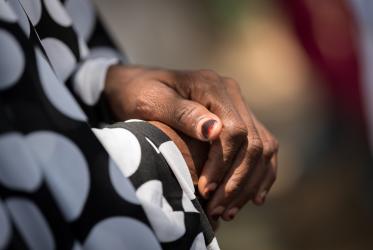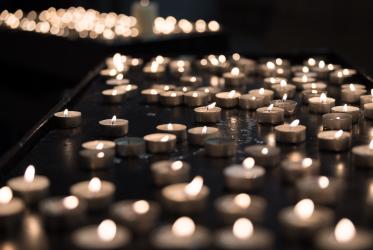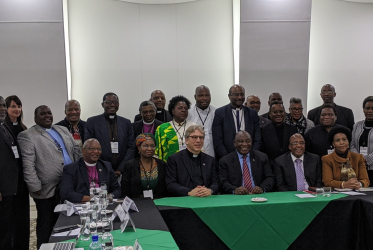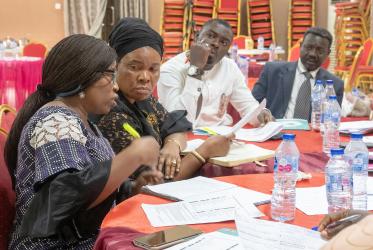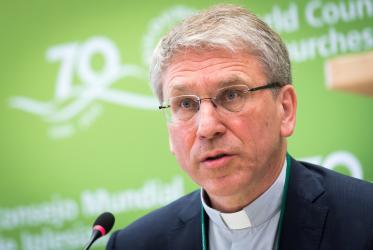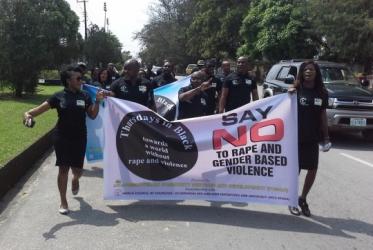Displaying 1 - 20 of 39
La délégation du COE rencontre le président sud-africain Ramaphosa
09 December 2019
Doing his best without being the best
07 September 2018
«L'amour triomphera»
23 August 2018
Tveit in DRC: “Making peace is holy work”
19 August 2018
Walking together against hatred and violence
26 February 2018
#WCC70: Les Églises, des «agents de la liberté»
12 February 2018



